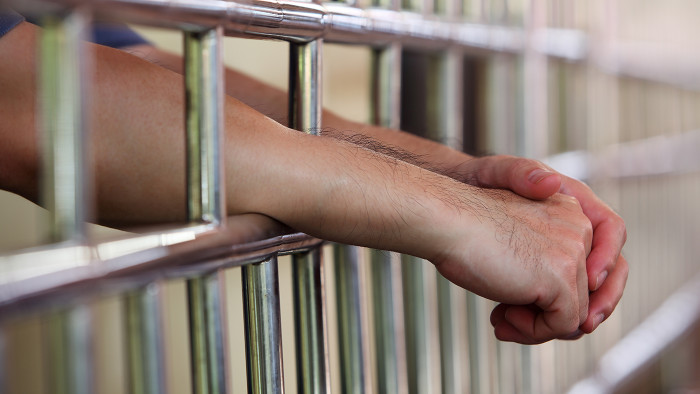
A new documentary by international criminal justice NGO Fair Trials and IJPP exposes the shocking use of torture within Mexico’s criminal justice systems.
Torture by law enforcement officials, including police officers and prison guards, is a systemic problem in Mexico. People are most vulnerable at the early stages of detention when torture is used to extract confessions and statements. These incriminating statements are then admitted in court, resulting in unfair trials and miscarriages of justice.
Isabel Roby, Legal and Policy Officer, said:
The use of psychological, physical and sexual torture is widespread in Mexico’s criminal justice system. People held in pre-trial detention are particularly at risk as law enforcement officials use torture to force them to confess or implicate other people. This illegal evidence is being used to convict innocent people.
We are calling for an end to torture. But this will not happen until courts refuse to admit illegal statements obtained through torture as evidence.
Miscarriages of justice are just one of the consequences of torture; the physical and psychological scars can last forever. As one victim said: Torture destroys you, and no one ever goes back to who they were before being tortured.
Torture in Mexico’s prisons
According to a 2016 survey by the National Institute of Statistics (INEGI), 64% of the prison population reported having suffered some type of physical violence when arrested. 19% of these people indicated having received electric shocks; 36% have been strangled, submerged in water or suffocated; and 59% have been punched or kicked. 74% reported having suffered psychological torture.
Impunity for officials who commit torture
Officials carrying out torture in Mexico’s prisons are almost never brought to justice. At the federal level, the Attorney General reported having initiated 13,560 criminal investigations for the crime of torture between 2006-2019. Of this number of investigations, only 30 preliminary inquiries have been recorded, that is, 0.22% of cases. From 2006 to 2019, 27 sentences were handed down for torture at the federal level, of which 18 were convictions and 9 were acquittals.
At the state level, 21,360 criminal investigations for torture were initiated from 2006 to 2019. According to state courts there were just 16 sentences for torture handed down between 2006 and 2019.1
Pre-trial detention
Many of the people who have been tortured in Mexico’s prisons have not been convicted of a crime. The country has one of the highest pre-trial detention rates in the world, with around 40% of the prison population waiting for a trial. For women, the figures are even higher – half of the female prison population are waiting for a trial.
People in pre-trial detention are more vulnerable to acts of torture and coercion to obtain false confessions.
Torture of women: Maria’s story
Women, in particular, are vulnerable to torture, including sexual torture.
Maria de la Concepción Sudaca Ramírez, aged 47, was physically, psychologically and sexually tortured in prison. She was born and raised in Oaxaca, Mexico. In 2012, Maria together with a group of women, tried to cross the U.S.-Mexico border but were detained by the immigration authorities upon crossing and deported back to Mexico. On August 28, 2015 she was unlawfully arrested in Oaxaca, and later, accused of human trafficking and organized crime. The arrest was done violently by unidentified officers, wearing masks and hoodies to cover their faces; they did not have an arrest warrant with them. They took Maria, put a hood over her head and took her in an unidentified vehicle to an undisclosed location. Maria’s two sisters and parents witnessed the illegal arrest. She was forcibly disappeared for three days, after which she was allowed to call her family, disclose her location, and explain what had happened to her.
Maria was a victim of sexual torture and cruel and inhumane treatments during custody. She was tortured and forced to sign false statements accusing people she did not know of having committed crimes. Only after she signed was she allowed to contact her family members.
At the initial hearing, Maria and other women (including indigenous women) were accused of human trafficking and organised crime and denied bail. Maria has been in pre-trial detention for five years, without a date or hope for a trial.
Through the project Ending Torture Evidence in Mexico, Fair Trials and IJPP have created a robust network of defence lawyers (REDD) from different states in Mexico. In partnership with members of REDD, we managed to collect different case studies, and this is where we heard about Maria. She was formerly represented by a public defender, whose name she did not know, and who had not delivered proper and diligent services. Through our network ,we have been in close contact with Maria and her family members to help her introduce different judicial recourses to aid her case. We plan to introduce an amparo (similar to a habeas corpus). For now, we are staying in touch with her, providing as much help as possible through the REDD members in Morelos, the region where she is being held in pre-trial detention.


